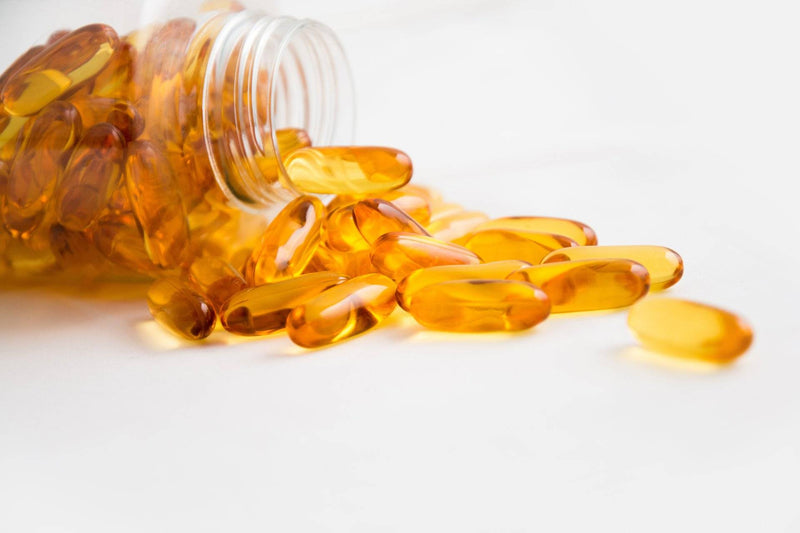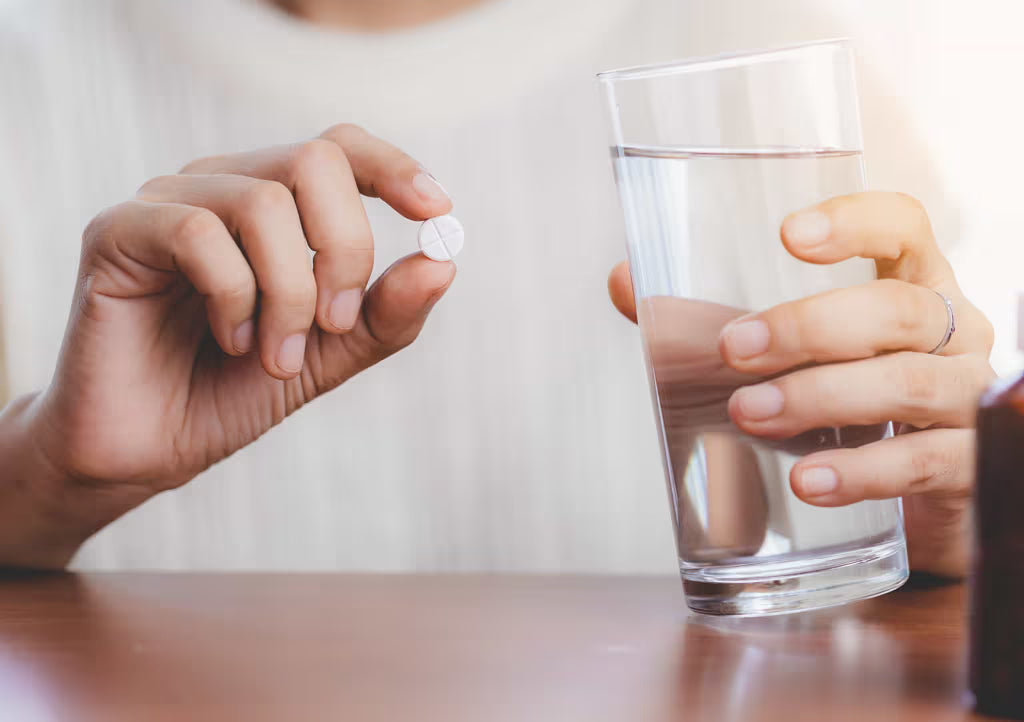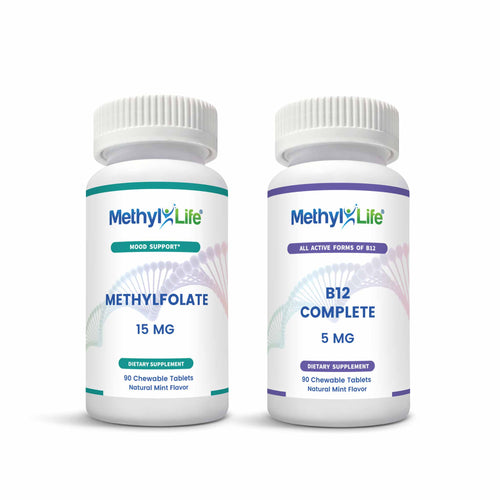How much Methylfolate should I take? - Key Takeaways
- The amount of methylfolate you need depends on individual factors such as your folate status, genetics, health conditions, symptoms, folate receptor autoantibodies, the medications you’re taking, and surprisingly, maybe less so, your age or weight.
- Dosages of up to 15mg of methylfolate are generally shown to be effective and safe.
- Methylfolate is more effective for those with DHFR, SHMT and MTHFR mutations because it is absorbed directly by the body.
- Healthcare professionals have recommended both high and moderate doses of methylfolate, depending upon symptom-specific needs.
As with many nutrients, there is an RDI (recommended daily intake) dosage amount for folate, but dosage for methylfolate is not usually one-size-fits-all. Methylfolate is absorbed much more quickly than folic acid, which means the same folate dosages may not apply.
Determining your methylfolate dosage requires careful consideration of your unique health needs, what you are trying to treat, your genetic makeup, as well as medications you may be taking. At the end of the day, L-Methylfolate dosage is not a one-size fits all approach, nor is it strictly based on age, size or weight for determining how much is optimal to take.









